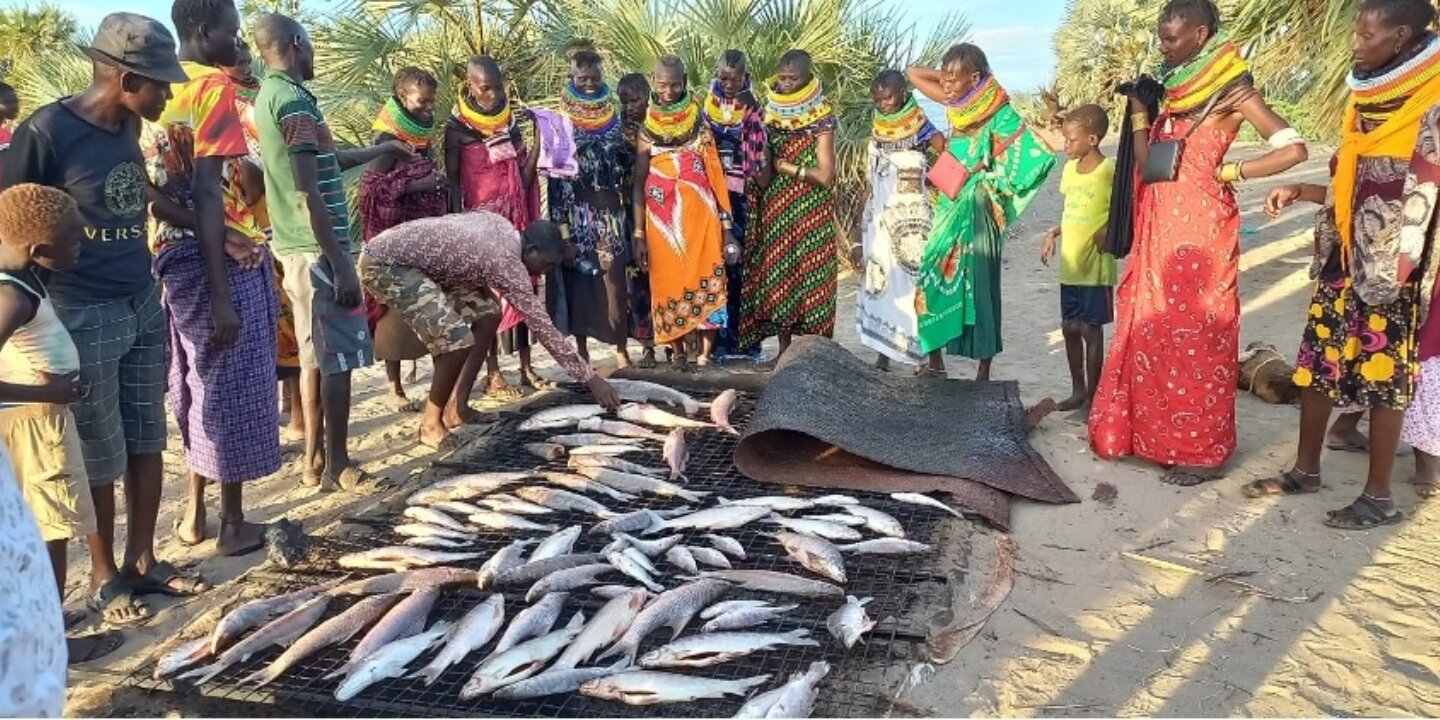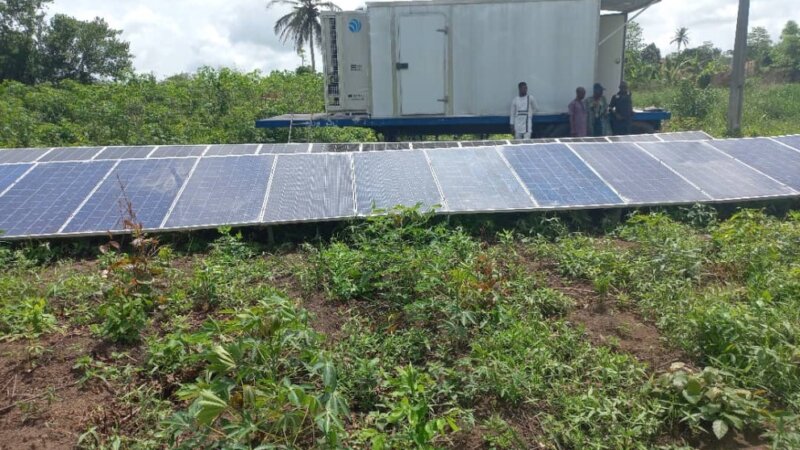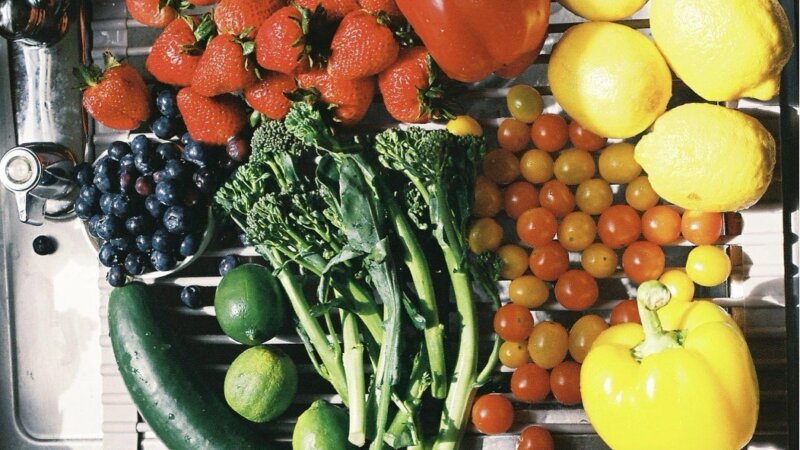Kenya’s Food Insecurity: The Disconnect Between Knowledge, Governance, and Practice

A business-to-business forum held in June 2024, bringing together fisherfolk from Lomekwi village and last-mile business groups from Kibish village to negotiate and agree on fish prices and quantities.
Victor Bill Kamadi is a Technical Resilience Livelihoods Advisor at Save the Children International (SCI) in Kenya. His work uses data-driven, context-relevant, and community-driven solutions to design and implement food security and livelihoods projects in fragile contexts. Kamadi participated in the 2025 food systems e-course and wrote this blog to share how food system governance can connect knowledge, policy, and practice.
Why is Kenya still food insecure? This question has lingered in my mind – both as a professional working with pastoralist communities in Northern Kenya, and as someone who grew up in a farming household. I see a troubling paradox: despite extensive research, well-written policies, and decades of interventions, food insecurity stubbornly persists.
Along the shores of Lake Turkana, communities live beside abundant fish stocks – yet acute malnutrition rates remain above 22%. Across Kenya, the average person consumes only 4 kg of fish per year, compared to the global average of 20 kg. In Turkana, where fish could easily be a staple, it is notably absent from many households’ diets. Cultural beliefs, limited awareness of its nutritional value, and weak supply chains all contribute to keeping this vital resource out of reach. Much of the catch is transported to distant markets, and the income earned often does not improve local livelihoods. This disconnect reminds me daily that knowledge alone is not enough – how we govern food systems, whose voices matter, and how decisions are made, plays an even greater role.
This pattern is not unique to Turkana. Across Kenya, agriculture is praised as “the backbone of the economy,” yet it remains an optional subject in schools. Food system visions are eloquently drafted in boardrooms, but real investments remain shallow. The country allocates only 4.6% of its national budget to agriculture – far below the 10% commitment made under the 2003 Maputo Declaration. In villages like Lomekwi, communities rarely access the knowledge tools or markets often assumed to be available. The real crisis lies in the gap between policy on paper and practice on the ground.
During the food systems e-course, I was challenged to rethink governance – to see it not as control, but as co-creation. It was also an opportunity to explore better ways to connect knowledge, policy, and practice. Food systems transformation demands inclusive governance that brings together the state, private sector, and civil society. True transformation occurs when farmers, fisherfolk, women, youth, and marginalised groups can influence decisions, not simply receive top-down instructions.
It also made me consider another paradox: brands like Coca-Cola and Guinness seamlessly reach the most remote villages, yet climate-smart agriculture and nutrition information struggle to do the same. Their secret? They build consistent trust, simplify their messages, and align incentives. Our food systems must do the same.
In Turkana, my organisation – Save the Children International – as part of the Nawiri consortium, is doing just that. We’re collaborating with the Department of Fisheries and others to co-manage fishing resources, distribute fishing gear as incentive through voucher-based systems, provide training on fish processing, and promote fish consumption in culturally sensitive ways. An ongoing joint effort to build resilient food systems.
I believe real transformation begins in small spaces – spaces where governance listens, co-creates, and holds all actors accountable. Until our food systems are shaped with the people who grow, harvest, and prepare our food, we are doomed to continue admiring policies while hunger thrives in the shadows of good intentions.
Author

Victor Bill Kamadi
e-course participant




